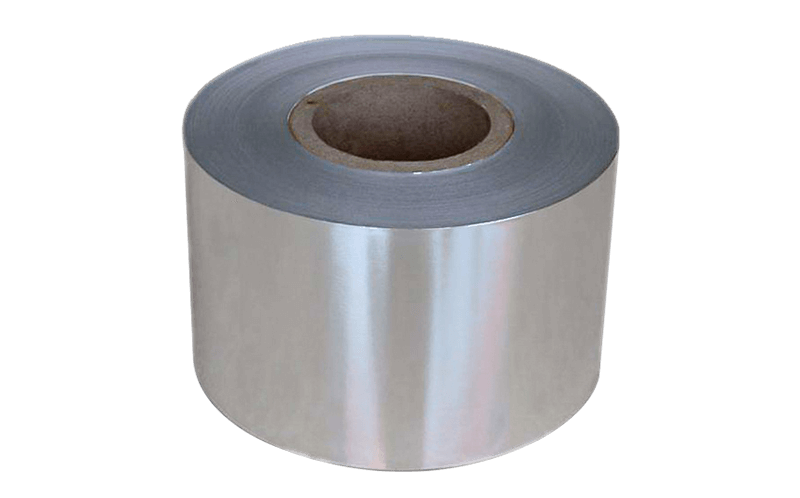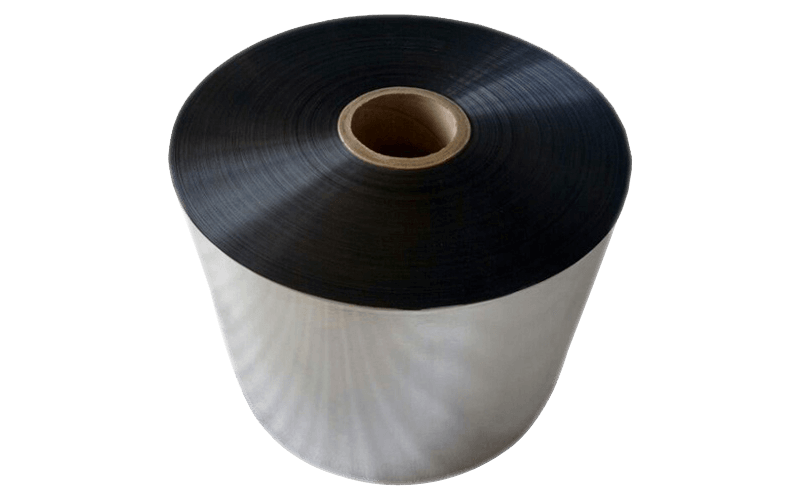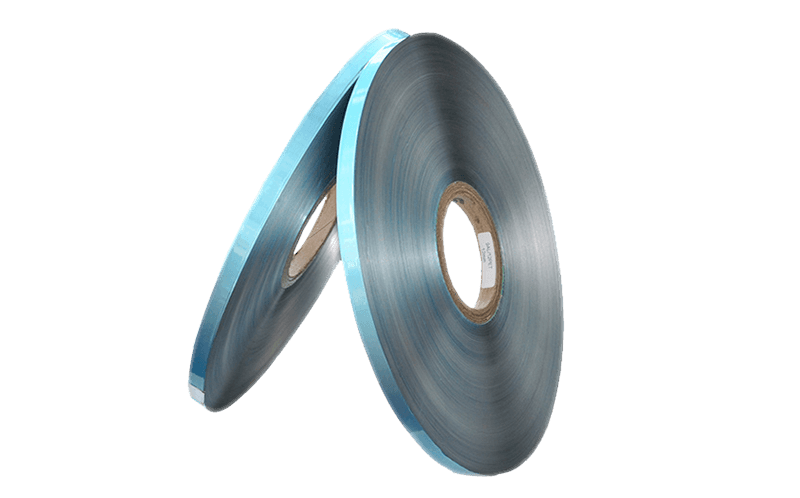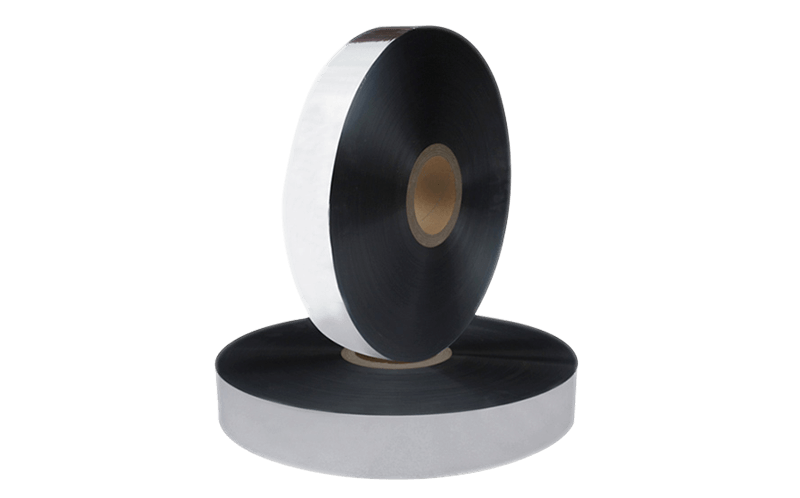Insulation of wires and cables is crucial to maintain r […]
Insulation of wires and cables is crucial to maintain reliable performance in a variety of environments. Different insulation materials possess a range of key attributes that make them suited for particular applications. Insulation can be made of thermoplastics, thermosets, or fluoropolymers and can be found on either the jacketing or within the core of a cable. The type and level of insulation required for a given application will depend on the use case, but no single insulation material possesses all of these qualities.
Plastics have a number of key properties that are particularly well-suited for cable insulation. This includes durability, flexibility and resistance to chemicals, heat and fire. Polyvinyl chloride (PVC) is an inexpensive, easy-to-work-with plastic that offers resistance to flame, moisture and abrasion and can operate at temperatures between -55oC and 105oC. It is also non-toxic, tasteless and odorless, making it ideal for medical, food and commercial wiring.
Other plastics, such as polyethylene (PE) and ethylene-chlorotrifluoroethylene (ECTFE), are more expensive than PVC but offer excellent electrical characteristics and a wide operating temperature range. These characteristics make them a good choice for cables used in industrial contexts or to carry equipment to remote locations. ECTFE and ETFE are also able to withstand high flex life, a critical factor for a cable that might be subjected to repeated movement or vibrations such as those found in robotic environments.
Thermoplastics are polymer materials that can be softened and hardened repeatedly without degrading. They can be molded or cast into a variety of shapes and sizes. Typical thermoplastic insulation for wires and cables include polyethylene, polypropylene, EPDM and cross-linked PE. These materials are often used in industrial applications because they are durable, resistant to harsh temperatures and can be manipulated with hot or cold tools.
For more demanding applications, some manufacturers use insulation made from a variety of fluoropolymer materials. Polytetrafluoroethylene (PTFE) and ethylene chlorotrifluoroethylene (ECTFE) are both highly flexible materials that are resistant to water, oil, chemicals and heat. They are able to maintain a high electrical efficiency with low dissipation, and can be processed in long lengths. They are also lubricious, which makes them a good choice for cables that might be subjected to frequent twists and turns in medical contexts, such as during surgery.
Lastly, some insulation is also made from paper-based materials. Paper is not as resilient and durable as other options, but it has the advantage of being able to withstand very high temperatures and can be woven into tighter weaves for additional strength. This makes it a good choice for power cables in harsh environments such as cement factories and chemical plants.




